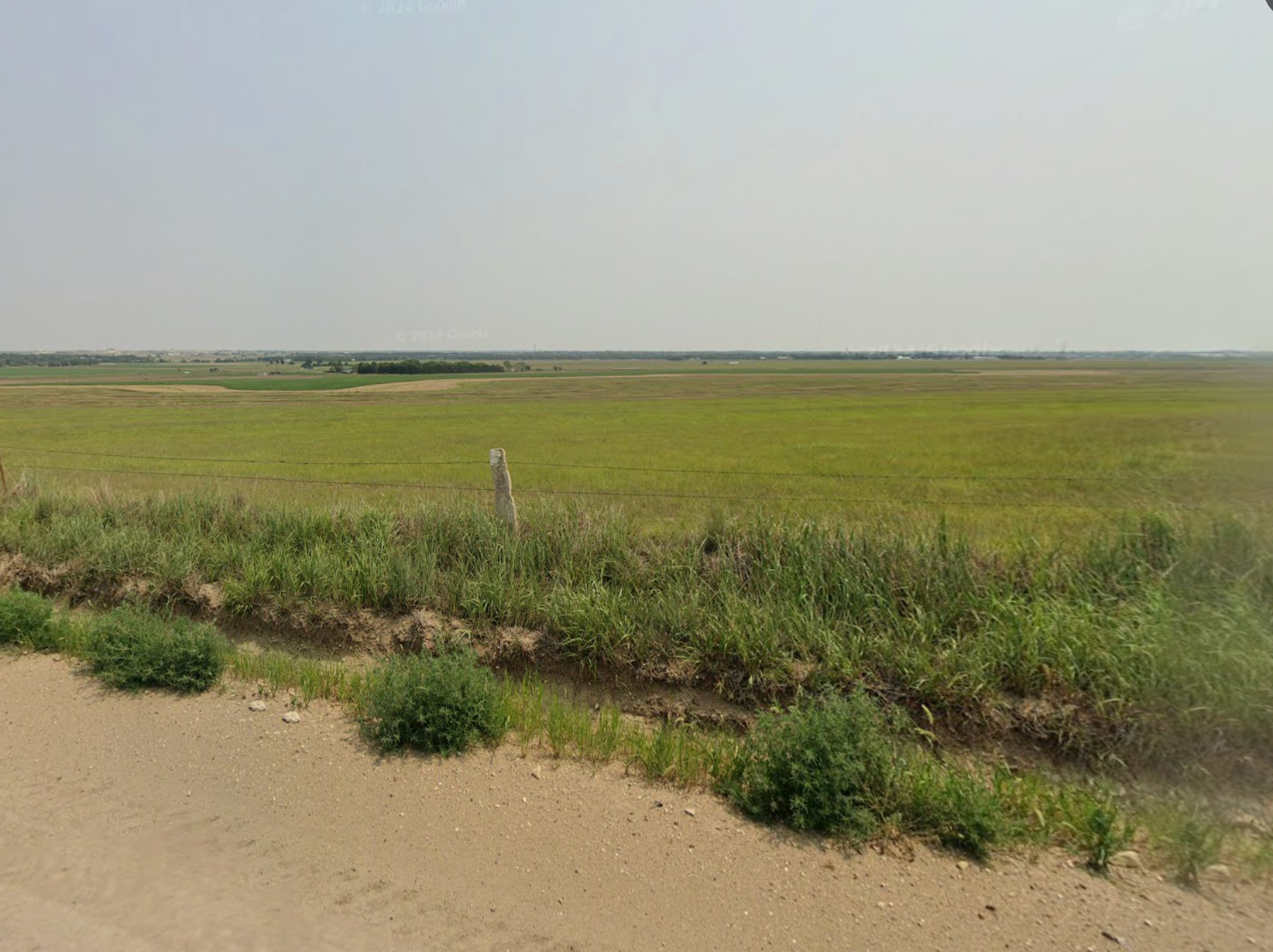
WASHINGTON – U.S. Senator Jerry Moran – a member of the Senate Committee on Agriculture, Nutrition and Forestry – joined Sens. John Thune (R-S.D.), Amy Klobuchar (D-Minn.) and Tina Smith (D-Minn.) in introducing the Conservation Reserve Program (CRP) Improvement and Flexibility Act.
The legislation would bolster CRP by improving access to grazing, maximizing enrollment options for producers and expediting emergency haying in response to drought and other weather-related disaster events.
“Equipping farmers and ranchers with improved access to CRP resources is crucial to the sustainability of the agricultural economy in Kansas,” said Sen. Moran. “This bipartisan legislation grants greater flexibility for producers in Kansas and across the country to improve their economic stability while conserving our nation’s farmland, wildlife habitats and water supply for future generations to benefit from and enjoy.”
“Ensuring that CRP continues to be an effective option for producers and landowners is critical to South Dakota’s agriculture industry,” said Sen. Thune. “As a longtime supporter of CRP, I’m proud to lead this commonsense legislation that would help advance the multiple-use benefits of this conservation program, including wildlife habitat and livestock forage potential.”
“The Conservation Reserve Program helps equip our farmers with the tools to conserve and improve soil, water quality, and wildlife habitat,” said Sen. Klobuchar. “This bipartisan legislation makes commonsense improvements to CRP that will strengthen conservation practices and landowner enrollment in this vital program.”
“The Kansas Livestock Association (KLA) has long advocated for additional grazing opportunities on CRP acres,” said Matt Teagarden, CEO of Kansas Livestock Association. “Grazing benefits the native grass species, advancing the conservation goals of the program. We appreciate Senator Moran's leadership in improving CRP for producers and the land.”
“The Conservation Reserve Program is one of our nation’s most effective tools for improving wildlife habitat, water quality, and soil health on private lands, and is a vital part of the farm safety net,” said Andrew Schmidt, Director of Government Affairs for Pheasants Forever and Quail Forever.
“The CRP Improvement and Flexibility Act will make this critical program work better for farmers, ranchers, rural communities, and wildlife. PF and QF are grateful to Majority Leader Thune, Ranking Member Klobuchar, and Sens. Moran and Smith for their continued leadership in strengthening CRP and ensuring it remains a cornerstone of private lands conservation.”
“The Conservation Reserve Program is an important, incentive-based program that provides flexibility for farmers and ranchers to implement voluntary conservation practices on their land,” said Mike Bulk, Ducks Unlimited Kansas state policy chair. “We thank Senators Moran, Thune, Klobuchar, and Smith for their leadership in enhancing CRP to ensure landowners can continue to get the most out of this historically successful program in Kansas and across the U.S.”The CRP Improvement and Flexibility Act would:
- Make CRP grazing a more attractive option by providing cost-share for the establishment of grazing infrastructure – including fencing and water distribution – on all CRP practices and contracts if grazing is included in the approved conservation plan.
- Increase the CRP annual payment limitation from $50,000, which was established in 1985, to $125,000 to account for inflation and rising land values and provide landowners with more CRP enrollment options to ensure resources are appropriately conserved.
- Reinstate mid-contract management cost-share payments for activities that are not related to haying or grazing.
- Permanently establish the State Acres for Wildlife Enhancement practice under Continuous CRP.
- Create flexibility for producers by allowing emergency haying on CRP acres when certain conditions are met and in consultation with state technical committees.








